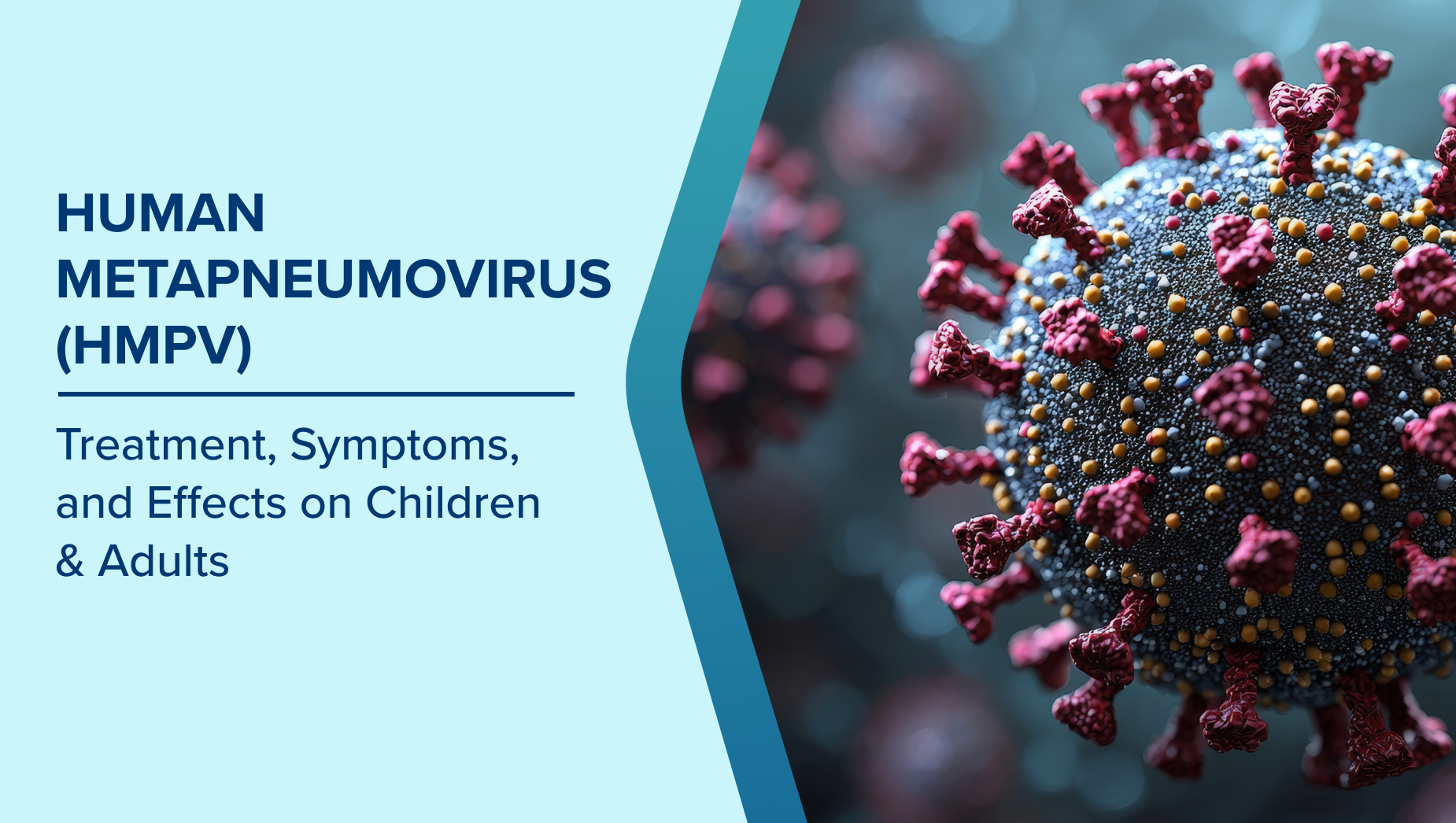
Switching to Health Benefits today can have a profound impact on your overall health. With growing concerns about the impact of synthetic chemicals, pesticides, and the industrialization of farming, many people are opting for organic alternatives to enjoy fresher, more nutrient-dense, and safer food. Organic foods are cultivated without the use of harmful chemicals, fertilizers, or genetically modified organisms (GMOs), offering a variety of health benefits. Here are seven health benefits of making the switch to organic food today:
1. Fewer Toxins in Your Diet
The primary benefit of switching to organic food is the reduction of exposure to harmful chemicals. Conventional farming uses synthetic pesticides, herbicides, and fungicides to prevent pests and disease, all of which can leave residues on your food. Over time, these chemicals can build up in your body and potentially lead to a variety of health issues, including hormone disruption, fertility problems, neurological damage, and even cancer. Organic farming practices prohibit the use of these toxic chemicals, making organic food a safer choice for your health. Although some pesticide residues might still be present on organic produce, studies consistently show that their levels are much lower than those found on conventionally grown food.
2. Reduced Risk of Developing Allergies
For individuals sensitive to certain chemicals and additives, organic food is often less likely to trigger allergies or other sensitivities. Conventionally grown foods sometimes contain traces of synthetic chemicals, genetically modified organisms (GMOs), and preservatives, all of which can cause allergic reactions or sensitivities in some people. Switching to organic food, which is free from these substances, can help mitigate allergic responses, such as skin rashes, digestive disturbances, and respiratory issues. Organic foods are typically less processed and contain fewer artificial additives, making them a cleaner and more natural option for those with allergies or sensitivities.
3. Better Heart Health
Organic foods, particularly organic fruits, vegetables, and animal products, can be beneficial for heart health. Organic meat and dairy products are often higher in omega-3 fatty acids, which are essential fats known to reduce the risk of heart disease. Omega-3s help to lower blood pressure, reduce triglyceride levels, and improve cholesterol levels. Research suggests that organic dairy products, for example, can have up to 50% more omega-3s compared to conventional dairy. Additionally, organic fruits and vegetables often have higher antioxidant levels, which can help reduce inflammation in the body and lower the risk of cardiovascular disease. By choosing organic food, you are opting for heart-healthy options that promote better blood circulation and overall heart health.
4. Improved Immune Function
The immune system plays a crucial role in defending the body against infections, viruses, and chronic diseases. Organic foods, which are typically richer in vitamins, minerals, and antioxidants, can help support and strengthen your immune system. Organic fruits and vegetables, in particular, have been shown to contain higher levels of vitamin C, vitamin E, and various phytonutrients compared to conventionally grown produce. These nutrients play a key role in maintaining a healthy immune response and combating oxidative stress, which can weaken the body’s defenses. By consuming more organic produce, you’re giving your immune system the nourishment it needs to stay strong and resilient.
5. Improved Skin Health
If you’re looking to improve the health and appearance of your skin, switching to organic food can be a beneficial step. The chemicals and pesticides found in conventionally grown food can sometimes irritate the skin, leading to conditions like acne, eczema, and other allergic skin reactions. Organic foods, free from synthetic pesticides and preservatives, may help improve skin health by reducing the number of irritants your body is exposed to. Furthermore, organic produce tends to have higher levels of antioxidants, which are known to fight the skin-damaging effects of free radicals and reduce the appearance of wrinkles and age spots. Organic dairy and meats also tend to have fewer hormones and antibiotics, which could contribute to healthier, clearer skin.
6. Better Digestive Health
Digestive health is another area where organic food can have a significant positive impact. Many people experience digestive discomfort from the artificial additives, preservatives, and genetically modified ingredients found in conventional food. Organic food, on the other hand, is generally free from these chemicals and is more likely to support a healthy gut. Organic produce tends to contain higher levels of dietary fiber, which is essential for promoting healthy digestion and regular bowel movements. Fiber also feeds beneficial gut bacteria, which can improve gut flora balance and reduce inflammation. Additionally, organic food is less likely to contribute to bloating, gas, and other gastrointestinal issues that can arise from consuming synthetic chemicals or additives.
7. Support for Sustainable and Ethical Agriculture
While not a direct health benefit for the individual, switching to organic food supports environmentally sustainable and ethically responsible farming practices, which can indirectly contribute to better public health. Organic farming methods prioritize soil health, biodiversity, and ecosystem balance. Organic farmers use crop rotation, cover crops, and composting to maintain soil fertility, reduce erosion, and minimize water pollution. By choosing organic food, you’re supporting a farming system that is better for the environment, and by extension, better for human health. Cleaner air, water, and soil lead to fewer environmental toxins entering our bodies through food, water, and air. Furthermore, organic farming typically prioritizes animal welfare, ensuring that livestock are raised in more humane conditions with access to the outdoors and natural diets.



 DailyMediCure
DailyMediCure 









